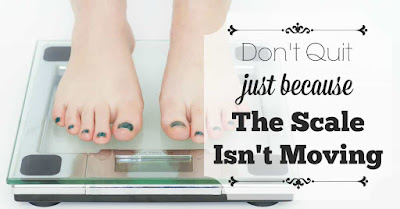What are some healthy after-school snacks for kids?
.jpg)
Snacks – should kids have snacks? Do snacks ruin a kid’s appetite? Are snacks healthy? So often I hear that kids shouldn’t have snacks. A friend recently stated her kids are always hungry after school, but they don’t know if they should get snacks or what snacks to give them. All kids not only should have snacks but actually need snacks. Kids, especially younger kids, have very small stomachs. They can’t eat large amounts of food at meals so they get hungry between meals. USDA sets a meal pattern for child care centers and this meal plan has a morning snack and an afternoon snack. School-age kids should have an after-school or afternoon snack every day. After-school snacks are a great opportunity to provide kids with nourishing options that keep their energy levels up. But this snack shouldn’t be gorging on junk food. What are some guidelines for healthy snacks and what are some snacks kids can make for themselves? And, as kids help make a snack, you can use makin

